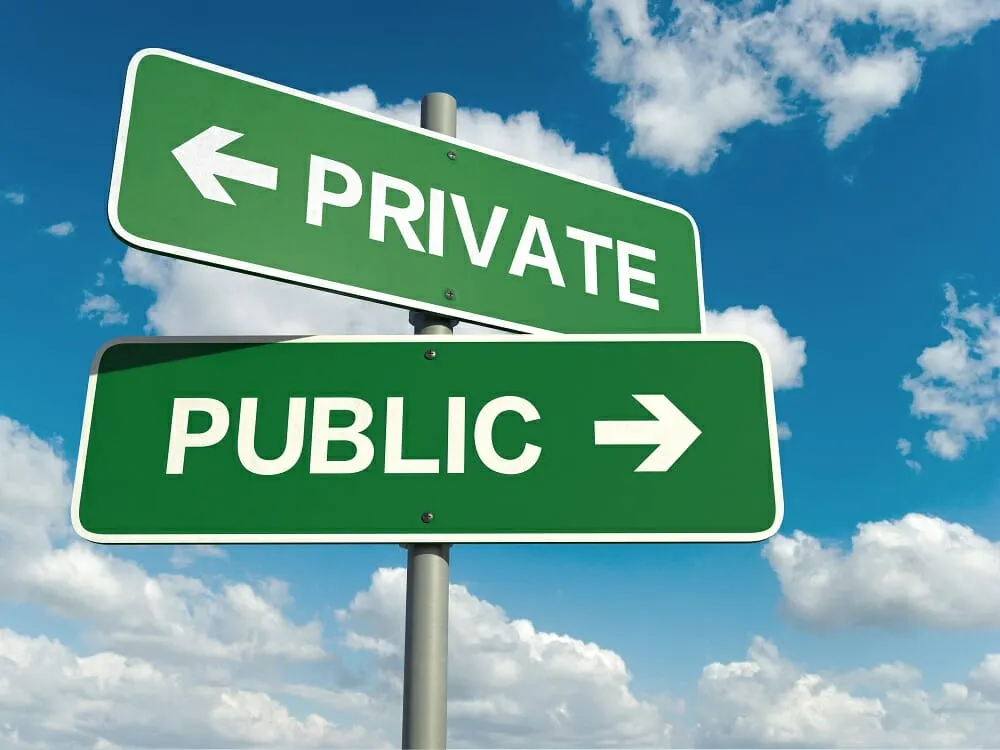Pharaoh: “Private” Morality and Biblical Ethics
Author: Bobby Valentine | Filed under: American Empire, Baptism, Contemporary Ethics, Discipleship, Mission, PoliticsI am convinced that we Christians (I am one) sometimes read our story but do not hear it. By hearing I do not mean merely the recognition of sound waves entering our ears. Rather, I mean what the Bible means … we hear, hear, and hear and do not understand.
Our Story
Our story tells us who we are and how we are to live. Our story is, in both Testaments, the Exodus story. The anti-hero in that story is Pharaoh and the hero is Yahweh. Yahweh heard the cry of pain from the mouths of those being oppressed. Yahweh claimed them as God’s own. Yahweh told Pharaoh, “let my people go.” Yahweh claimed to own the slaves even before they were set free, before the conflict with the gods of Egypt, before the cross of the Red Sea. Even in their ignorance they belonged to Yahweh. “Let my people go” … that simply is a command by Yahweh to Pharaoh to set them free.
All of them!
Slaves Lives Mattered to God!
God saved, liberated, set free, redeemed slaves. Yahweh saved all of them. God then invited them into a covenant of love and called them to holiness. Our story is about all of us, not just me, myself and I. We have a tendency to think of salvation in highly individualistic terms. And because we do so, we also tend to think of morality in individualistic terms.
Living Under the Reign of Yahweh
The Bible, which tells our Story, does not settle for a morality that deals simply with individuals. It always places morality in the context of public structures around those individuals: the Society. We have a very long history of thinking we can privatize morality and settle for a personal virtue of honesty and “purity.” This is, however, a fairly modern and European way of understanding biblical morality.
But the issues of biblical ethics (morality) are profoundly public and social, just as the Exodus was public and social. You see, Pharaoh’s problem was not that he was not personally virtuous or pure (the text never even addresses those questions). The problem with Pharaoh was a state sponsored, state sanctioned, publicly upheld tyranny placed upon the powerless minorities – aliens – in their midst. The prophets condemned Israel because the court system was rigged (Micah 3.9-11; Amos 5.14-15; etc) and crooked real estate practices (Micah 2.1-4; Isaiah 5.8; 1 Kings 21; etc). Let’s read them.
“Hear this, you leaders of Jacob,
you rulers of Israel,
who despise justice
and distort all that is right;
who build Zion with bloodshed,
and Jerusalem with wickedness.
Her leaders judge for a bribe,
her priests teach for a price,
and her prophets tell fortunes for money.
Yet they look for the Lord’s support and say,
“Is not the Lord among us?
No disaster will come upon us.”
(Micah 3.9-11)
“Seek good, not evil,
that you may live.
Then the Lord God Almighty will be with you,
just as you say he is.
Hate evil, love good;
maintain justice in the courts.
Perhaps the Lord God Almighty will have mercy
on the remnant of Joseph.”
(Amos 5.14-15)
“Woe to those who plan iniquity,
to those who plot evil on their beds!
At morning’s light they carry it out
because it is in their power to do it.
They covet fields and seize them,
and houses, and take them.
They defraud people of their homes,
they rob them of their inheritance.
Therefore, the Lord says:
“I am planning disaster against this people,
from which you cannot save yourselves.
You will no longer walk proudly,
for it will be a time of calamity.
In that day people will ridicule you;
they will taunt you with this mournful song:
‘We are utterly ruined;
my people’s possession is divided up.
He takes it from me!
He assigns our fields to traitors.’”
(Micah 2.1-4)
“Woe to you who add house to house
and join field to field
till no space is left
and you live alone in the land.”
(Isaiah 5.8)
See the entire chapter of 1 Kings 21 and so many other texts the Holy Spirit inspired on this matter.
The Bible does not minimize our personal virtues. But it does suggest that our personal virtues are nonexistent when our morality is not found addressing Pharaoh in our time. We do not live private lives as redeemed from slavery. We live our lives as a witness to Pharaoh with those who need an Exodus. We remember, because we HEAR OUR STORY, that Pharaoh is not bad merely because he is “impure,” rather Pharaoh is anti-God because he is the chief of a monstrous machine of tyranny and oppression over people who had no means of challenging him.
Solidarity with the oppressed is biblical morality because our Story tells us God rescues the oppressed and claims them as his own. Our Story tells us of a God who is in “solidarity” with the oppressed. That is why our ethics, our morality, are always corporate, communal, aimed at living under the reign of Yahweh.
“Remember that you were a slave in the land of Egypt,
but the LORD your God rescued you …”

Leave a Reply